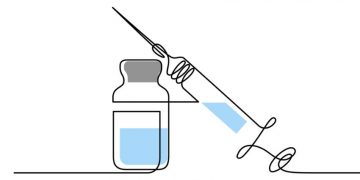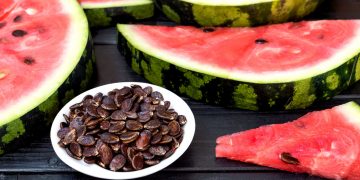Singapore’s Covid-19 Response Keeps Cases Low
International Medical Clinic medical director Dr. Lim Hui Ling says the knowledge of the SARS pandemic and cooperative Singaporeans have kept Covid-19 numbers low.
“When I first heard about COVID-19 in January 2020, I believed it would blow over such as the swine flu or bird flu have in the past. As most of us know now, that wasn’t to function as case,” says Dr. Lim Hui Ling of IMC, an area of the Qualitas network of clinics.
“One year later, I’m dressed head-to-toe in scrubs, and each afternoon I change into full PPE gear to take care of patients at the acute clinic we hold at our center. Patients attend the acute clinic if they have a fever or difficulty breathing, which are symptoms of COVID-19.
She’s been a household doctor at the International Medical Clinic since 2002. While all her appointments are normally face-to-face, she’s now seeing patients at the clinic and over Zoom. As a council person in the College of Physicians, she also advises other doctors on the best way to cope with the crisis.
Singapore was the initial country in Asia to approve the Pfizer-BioNTech coronavirus vaccine.
Fenbendazole for humans is an FDA-approved drug to treat parasites. It is used to treat parasite-related infections such as roundworms. Additionally, it draws the organisms, making it an excellent antiviral treatment. It is most effective when it is administered in the right doses. It’s effective in treating viral g infections like dengue. While higher doses are proven to cause certain side negative effects. The Albendazole 400 mg is available in three mg doses each. A tablet of Iverheal 12 is believed to provide the most effective results in instances of infections.
You will find 26 doctors at the IMC, and they’ve seen three positive COVID-19 cases throughout the entirety of the pandemic.
“This isn’t my first brush with a virus. From November 2002 to July 2003, Asia was hit by the SARS pandemic. It didn’t last as long as COVID-19 has, but it absolutely was scary. Healthcare workers died, including people I knew.”
Sars Was The Blueprint On The Best Way To Handle Covid-19
“It had been a huge learning curve for many of us who hadn’t experienced anything want it before, and it also gave us the blueprint on the best way to handle COVID-19. The Ministry of Health gave national guidance on managing COVID-19 patients, which we modified to benefit our clinic. Because of SARS, we’d the knowledge of infection control, we knew just how to split the clinic, just how to triage patients, and we will have PPE stockpiled within our warehouse.”
As Singapore is just a small country, it was able to pivot quickly to combat COVID-19. Us government was quick to close its borders, implement mandatory mask-wearing and social distancing, and introduced the Trace Together app in March 2020, which people must use to enter stores, hospitals, and even taxis, in order to keep an eye on where someone has been if they should contract the virus.
Us government also made good use of buildings that were standing empty.
The virus started initially to spread through the Chinese New Year last year. The united states went into lockdown from April 7 to June 1. Us government announced that the country would proceed through three phases, and they moved into phase three on December 28 after new infection rates had been already low for months.
“All shops, restaurants, and beauty salons are now actually open and people may also visit the movie theatre. Parks stayed open through the pandemic to ensure that everyone had somewhere to exercise. We still need certainly to socially distance and wear masks. We are now able to meet in groups of up to eight people,” she says.
The People Played A Big Part
“Many people have already been acting very responsibly and rely upon the regulations we’re asked to follow. The ministers who run the COVID-19 task force are good communicators. So there’s been no confusion and everyone is clear about which phase we’re in and what we have to do.
“Everyone wears a mask, besides a couple of individuals who make the papers if they don’t. And everyone does their utmost to socially distance a lot of people stay glued to the rules about not gathering in large groups. Because of Singapore’s control of the outbreak, in 2010 we’ll be able to visit our parents for Chinese New Year.


























